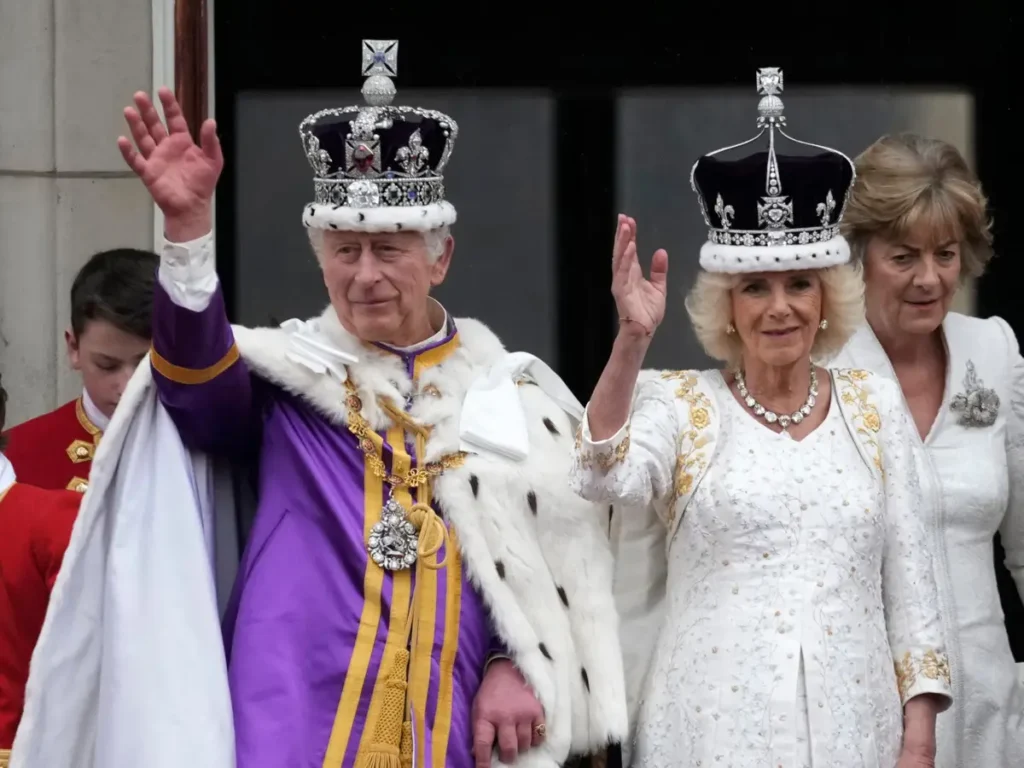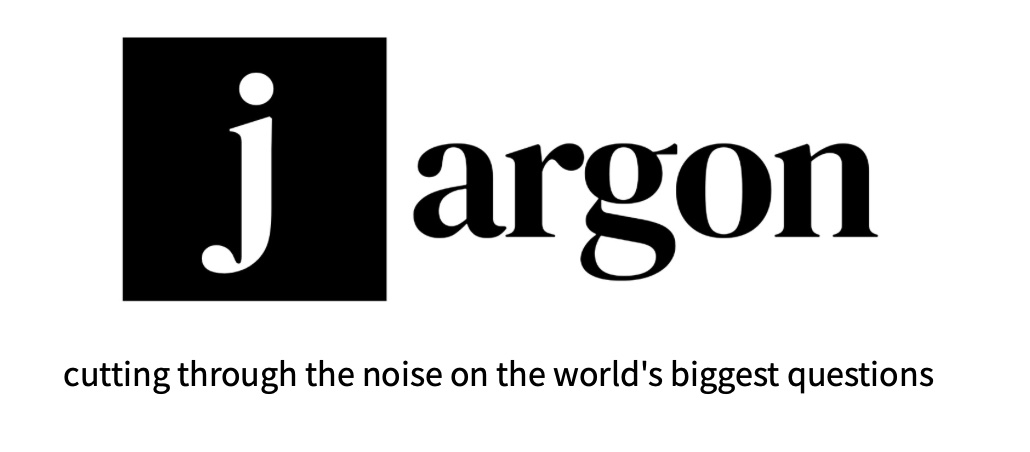politics
let’s talk about the monarchy…
13th September 2025

When people think of the British monarchy, they often picture crowns, palaces, and grand ceremonies. But behind the tradition lies an important question: does the monarchy actually have any real political power in the United Kingdom today? While the royal family remains a major symbol of British life, their actual authority over how the country is run is extremely limited. To understand why, it helps to look at how power in Britain has shifted over time from the Crown to Parliament.
Hundreds of years ago, British kings and queens ruled with real power. They could make laws, raise taxes, and lead armies without needing anyone’s approval. That began to change in 1215, when King John was forced to sign the Magna Carta, a document that said even the king had to follow the law. Over the centuries, Parliament, which is made up of representatives of the people, grew stronger, and the monarch’s power was reduced. The English Civil War in the 1600s ended with the execution of King Charles I, and a few decades later, the Glorious Revolution of 1688 confirmed that Parliament, not the monarch, would have the final say in government. The Bill of Rights in 1689 made this official by stating that the monarch could not make or change laws or raise taxes without Parliament’s consent. By the 1800s, during Queen Victoria’s reign, Britain had become what we now call a constitutional monarchy: a system where the monarch remains as head of state, but real political decisions are made by elected officials.
Today, the King still has a few official powers known as royal prerogatives. These include things such as appointing the Prime Minister, approving new laws, calling elections, and representing Britain abroad. On paper, these powers sound important, but in practice, they are carried out only on the advice of the Prime Minister and the government. For example, the King technically “appoints” the Prime Minister, but he always chooses the leader of the political party that wins the most seats in Parliament. The King must also give his approval, known as Royal Assent, before a law can come into effect, but no monarch has refused to do this since 1708. If one ever does, we will be sure to write about it!
The King meets privately with the Prime Minister once a week to discuss current affairs. He can offer advice or share his opinions, but these conversations are confidential and have no direct impact on government policy. The King cannot make or block laws, order the military, or run the country in any way. Those powers belong to Parliament and the government, which are elected by the public.
Even though the monarchy no longer makes decisions, it still plays a useful role. When governments change after an election, the King helps ensure that power passes smoothly from one Prime Minister to the next. This gives the country a sense of stability and continuity. The monarchy also represents Britain on the world stage, and many people see the royal family as a unifying symbol in times of crisis or celebration.
Some people argue that the monarchy still has what is often called “soft power”, which means influence through image and tradition rather than through law. Royal visits can strengthen international relationships, and the King’s presence can help bring people together. Others question whether the monarchy is still necessary in a modern democracy, pointing out the costs involved and the fact that the royals are not elected. However, these are political debates rather than legal realities. Under the British system, the King has no independent control over how the country is governed.
In short, the British monarchy remains a powerful symbol, but not a source of power. The King may reign, but it is Parliament and the people who truly rule. The monarchy is an important part of national identity, but not of political decision-making. The United Kingdom is a parliamentary democracy: Parliament makes the laws, the government runs the country, and the monarch represents the nation. The King’s name may appear on official documents, and he may open new sessions of Parliament, but these acts are ceremonial, not political.
